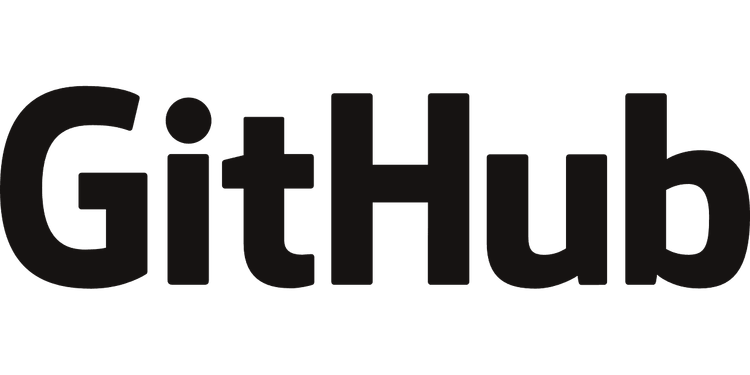Zuckerberg: Meta Requires 10x More Computing Power for Training Llama 4 Compared to Llama 3
Most people like

Boost Your Productivity with AI Copilot
Discover how AI Copilot can transform your workflow and maximize efficiency. This powerful tool streamlines tasks, helping you achieve more in less time while enhancing collaboration and creativity. Embrace the future of productivity and unlock your full potential with AI Copilot today!

Discover the ultimate cold email tool designed to automate your outreach efforts effortlessly, allowing you to manage unlimited accounts with ease. Streamline your email campaigns and boost your engagement today!

Transform Handwritten Content into Digital Formats with Precision
In today's fast-paced digital world, converting handwritten content into digital format has never been more important. Whether you're looking to preserve notes, transform sketches into digital graphics, or streamline documentation, accurately digitizing handwritten material is essential for improving efficiency and accessibility. Embrace the power of technology to make your handwritten content easily searchable, editable, and shareable, ensuring that your valuable information is always at your fingertips.
Find AI tools in YBX




